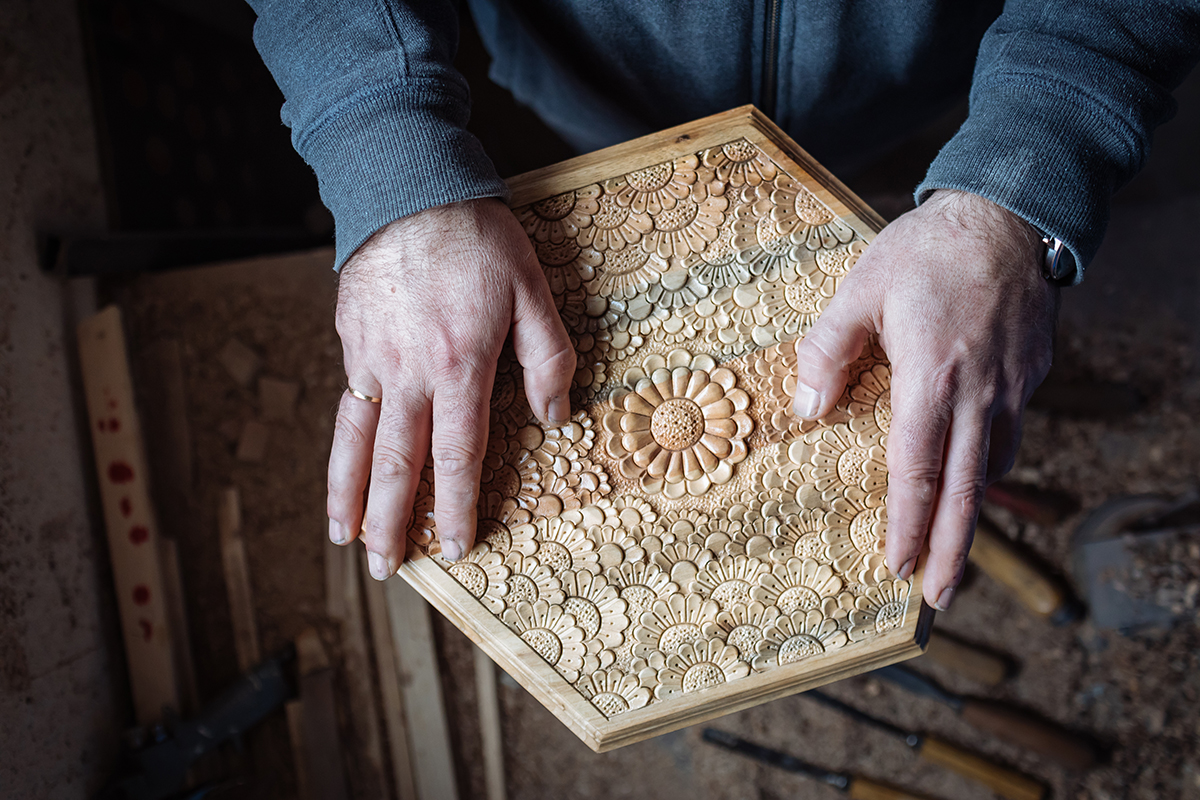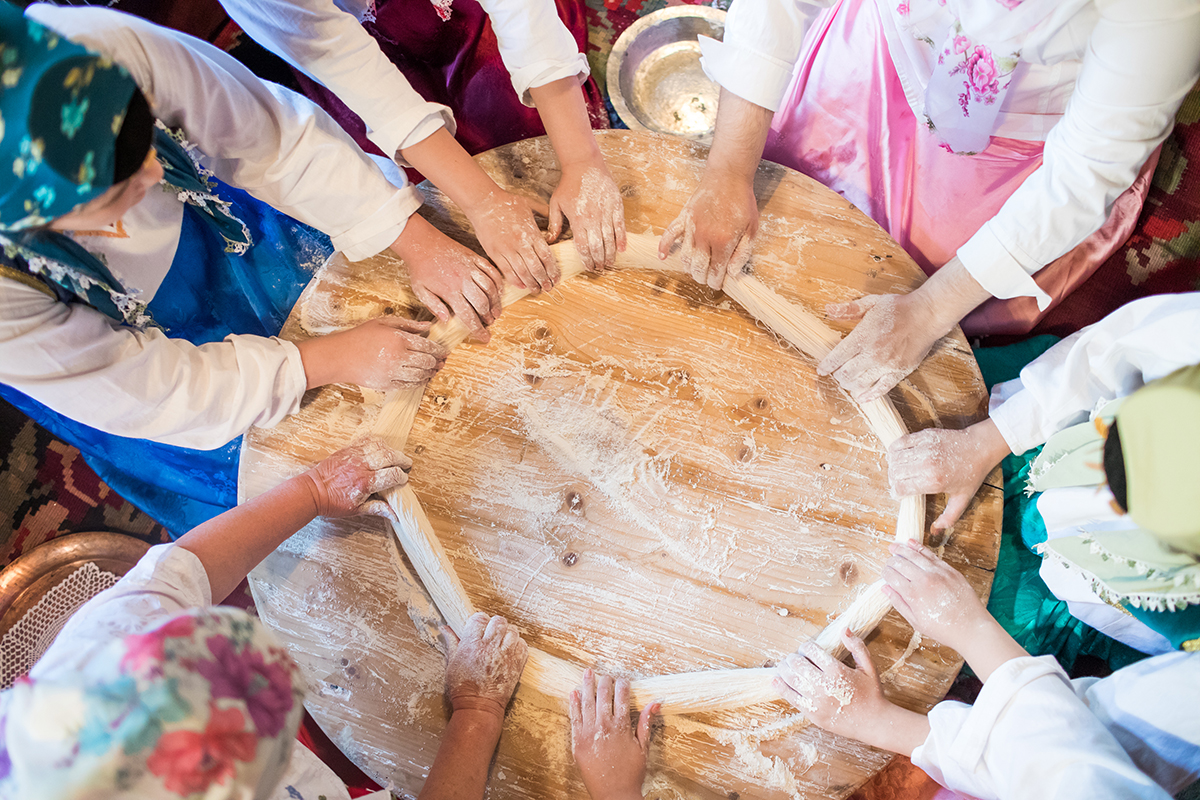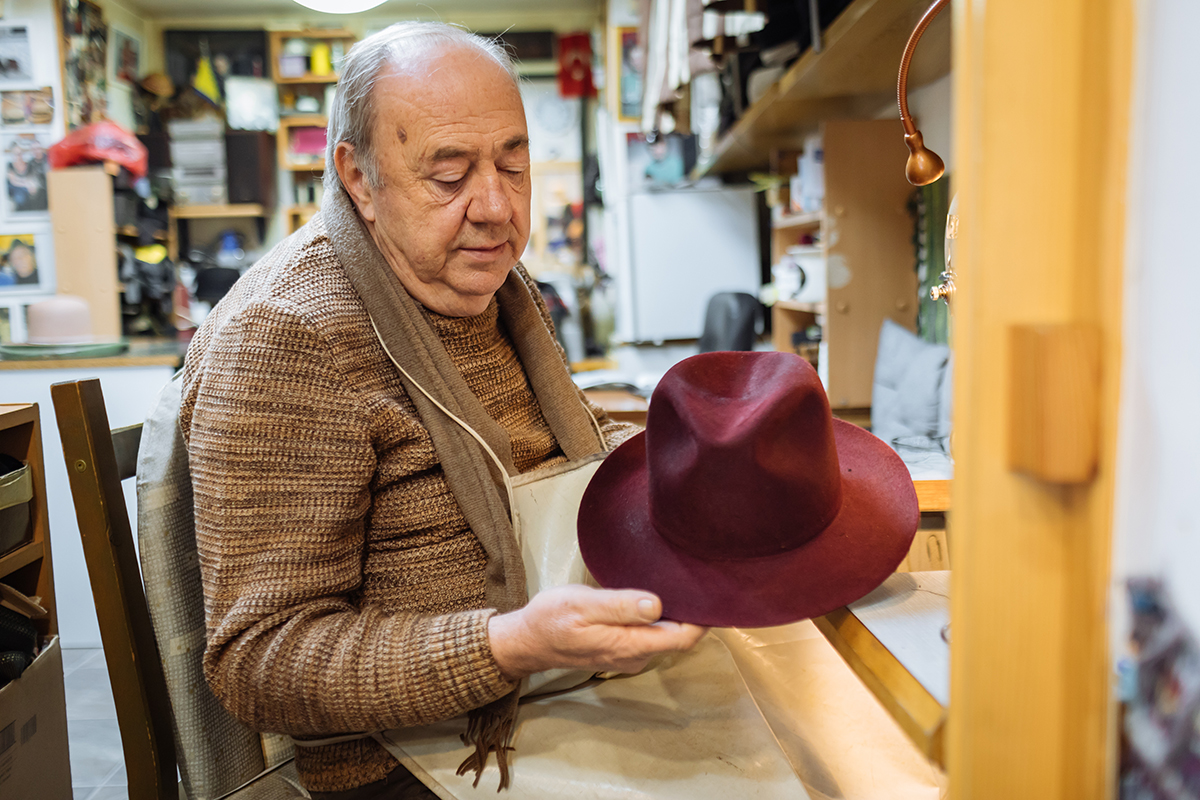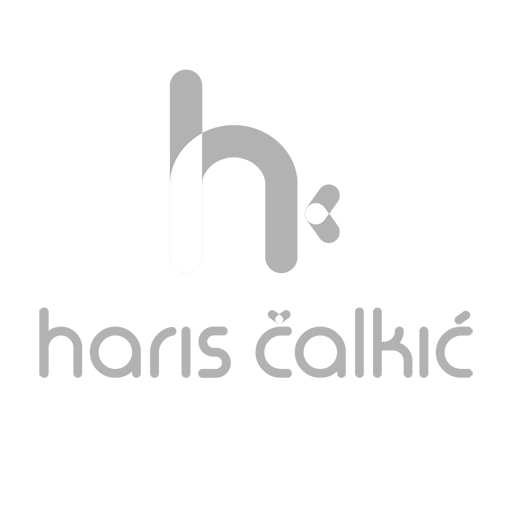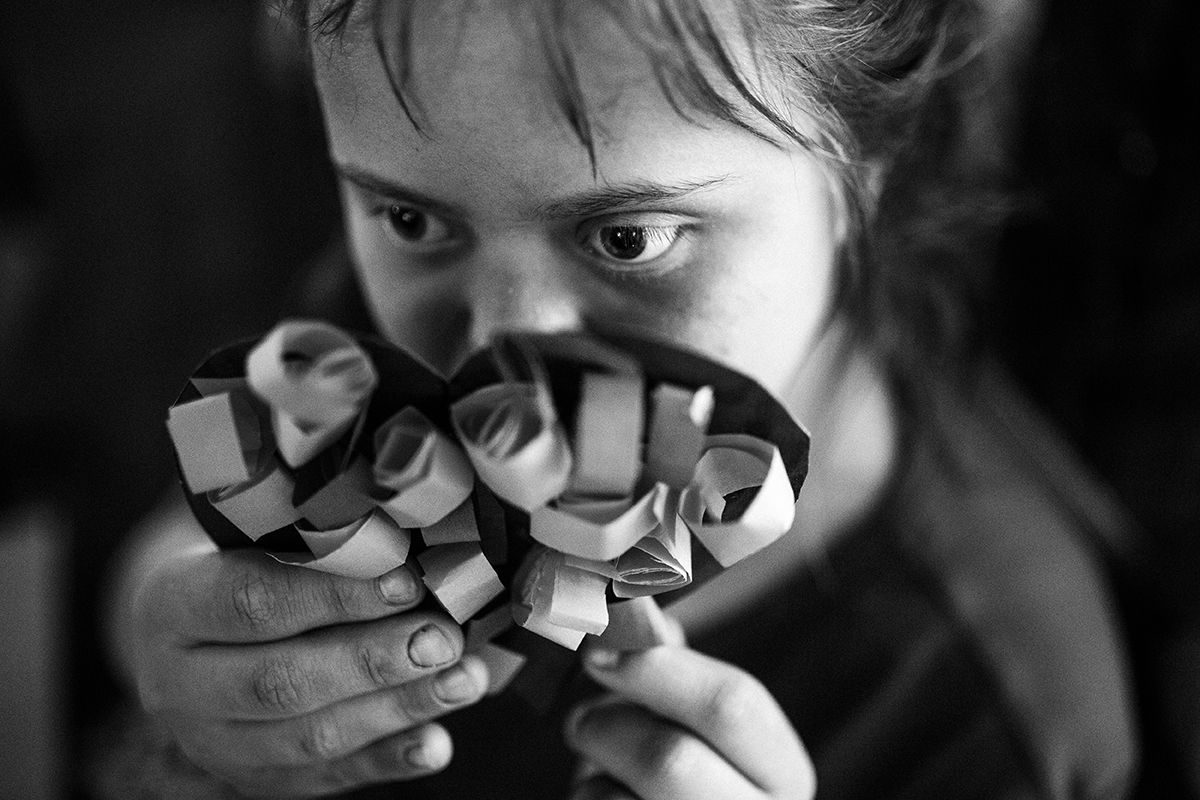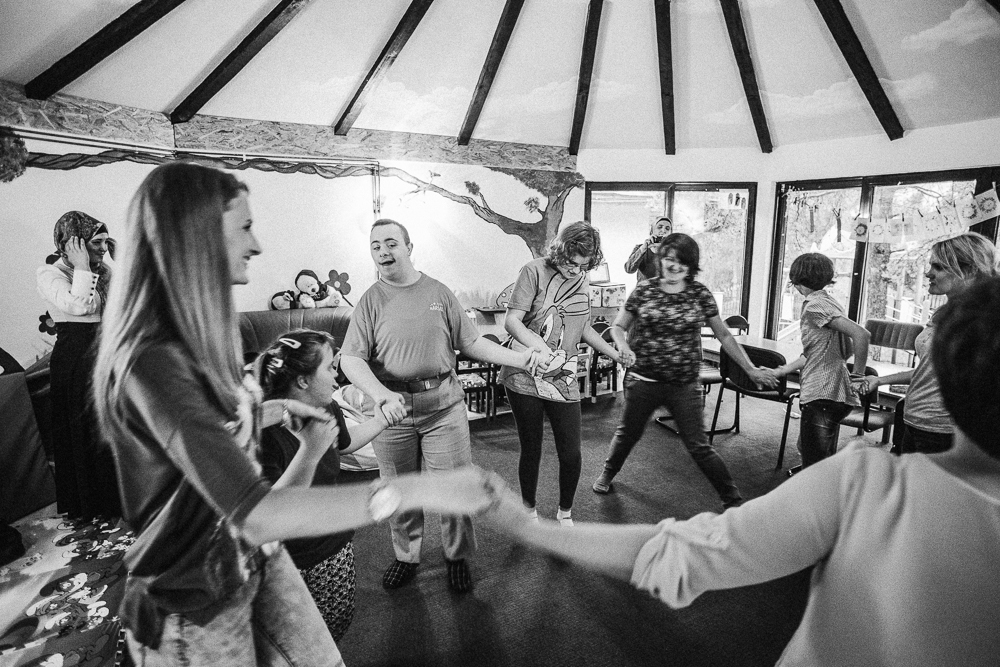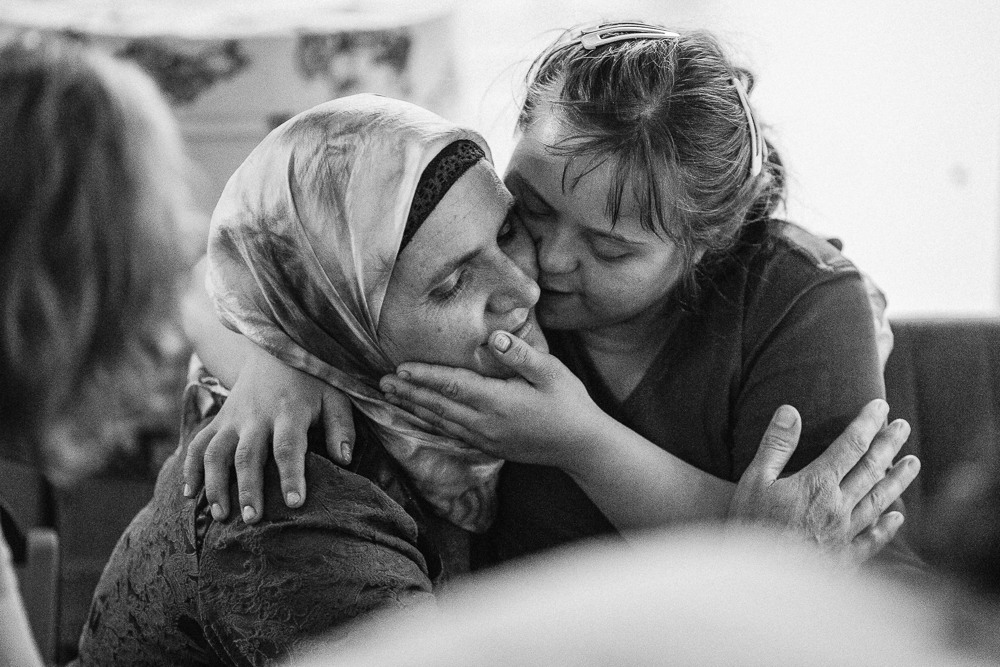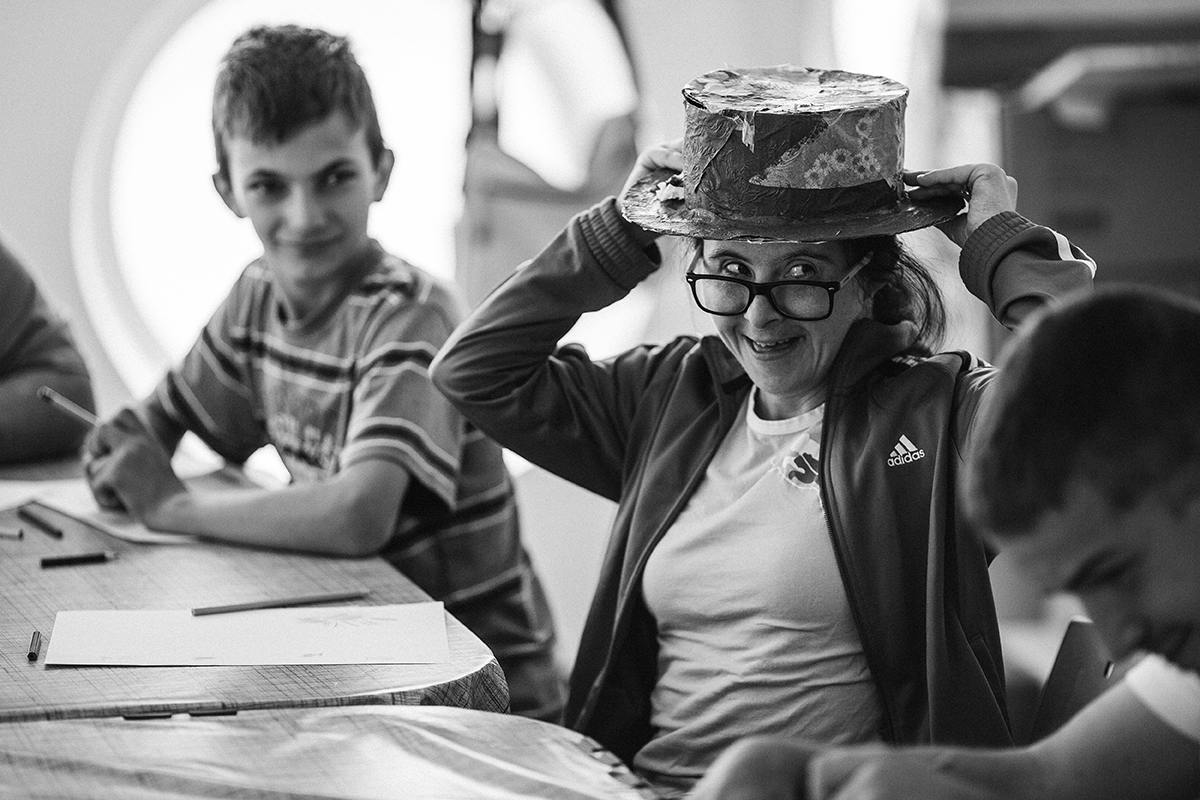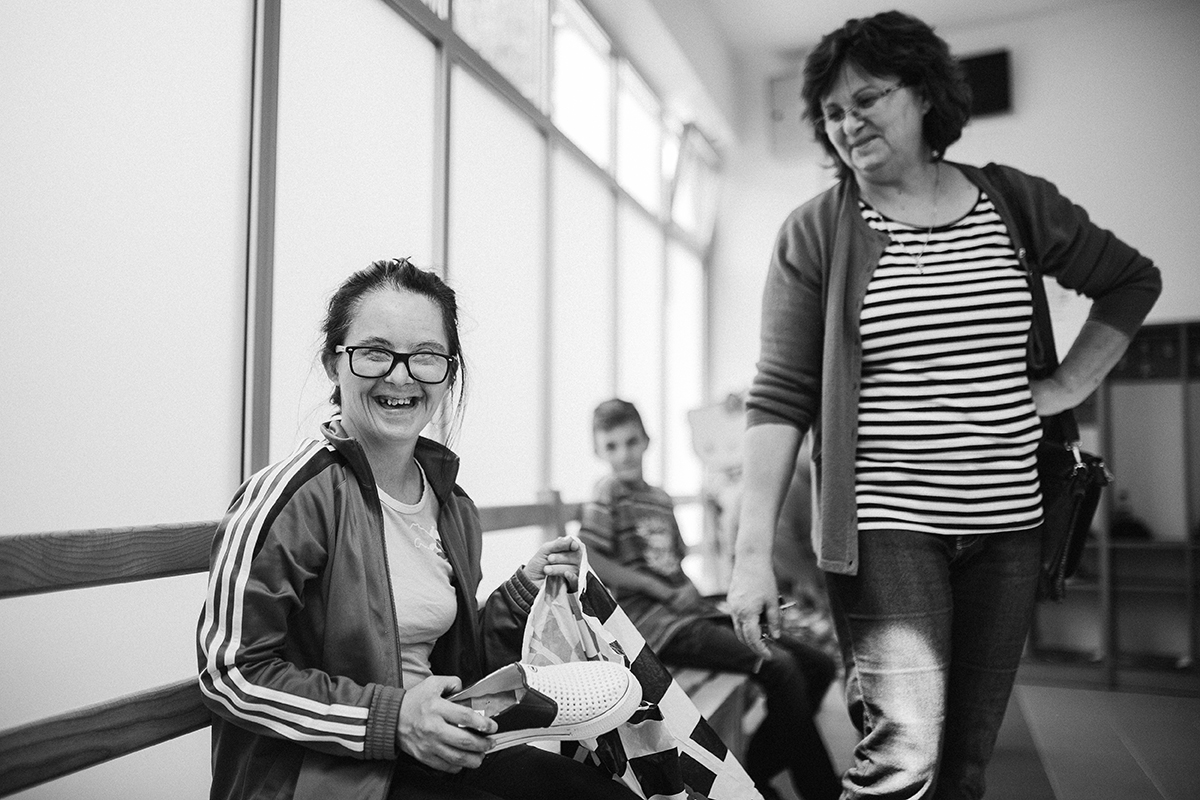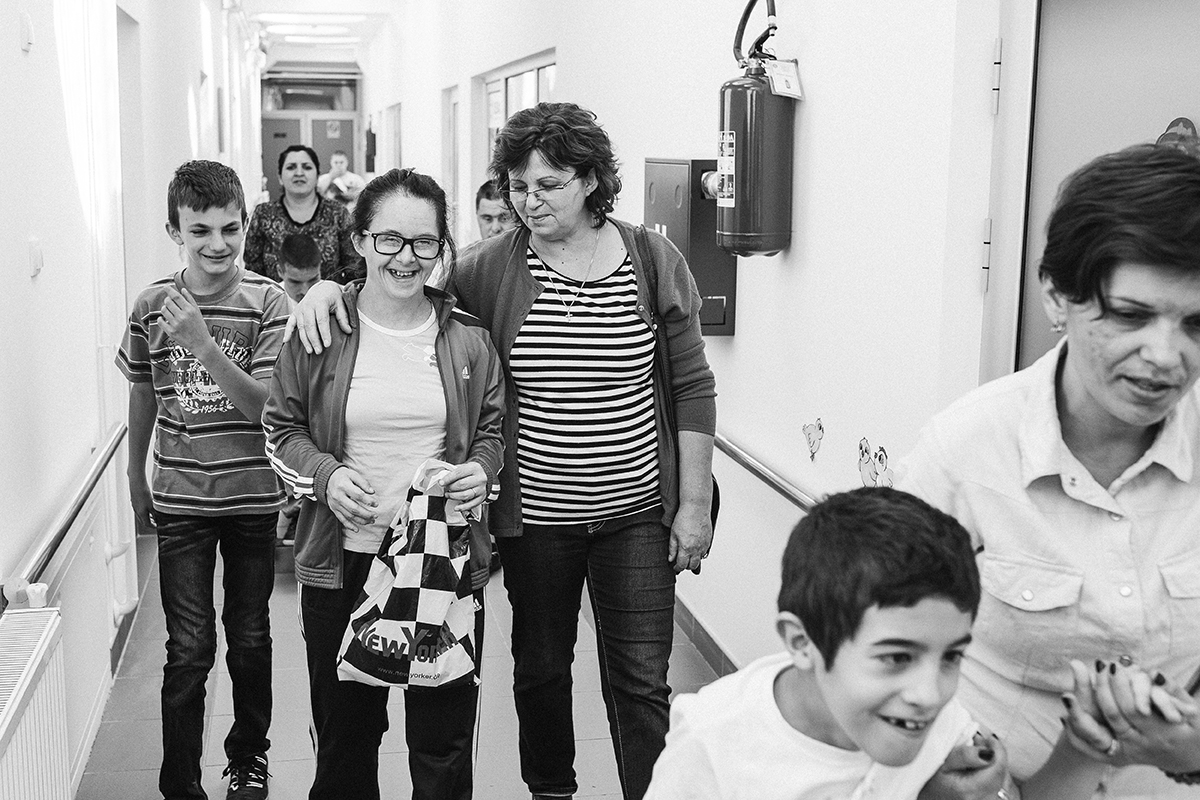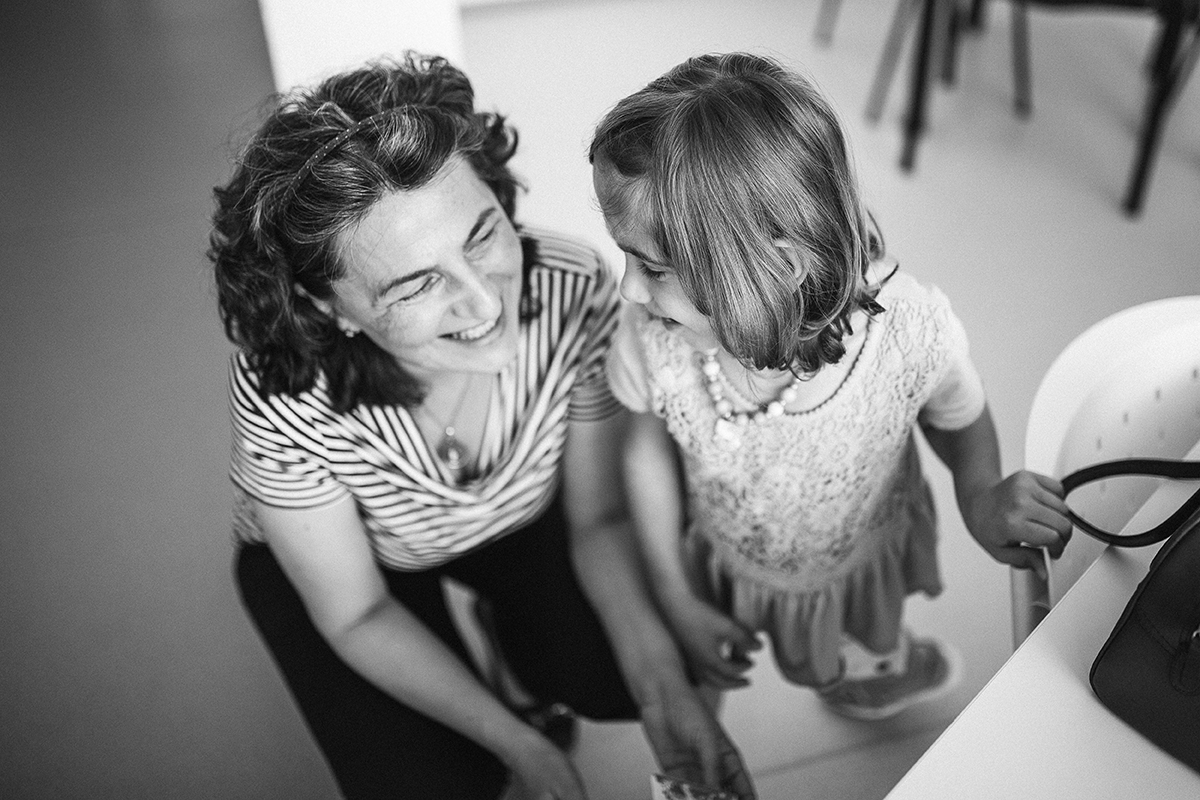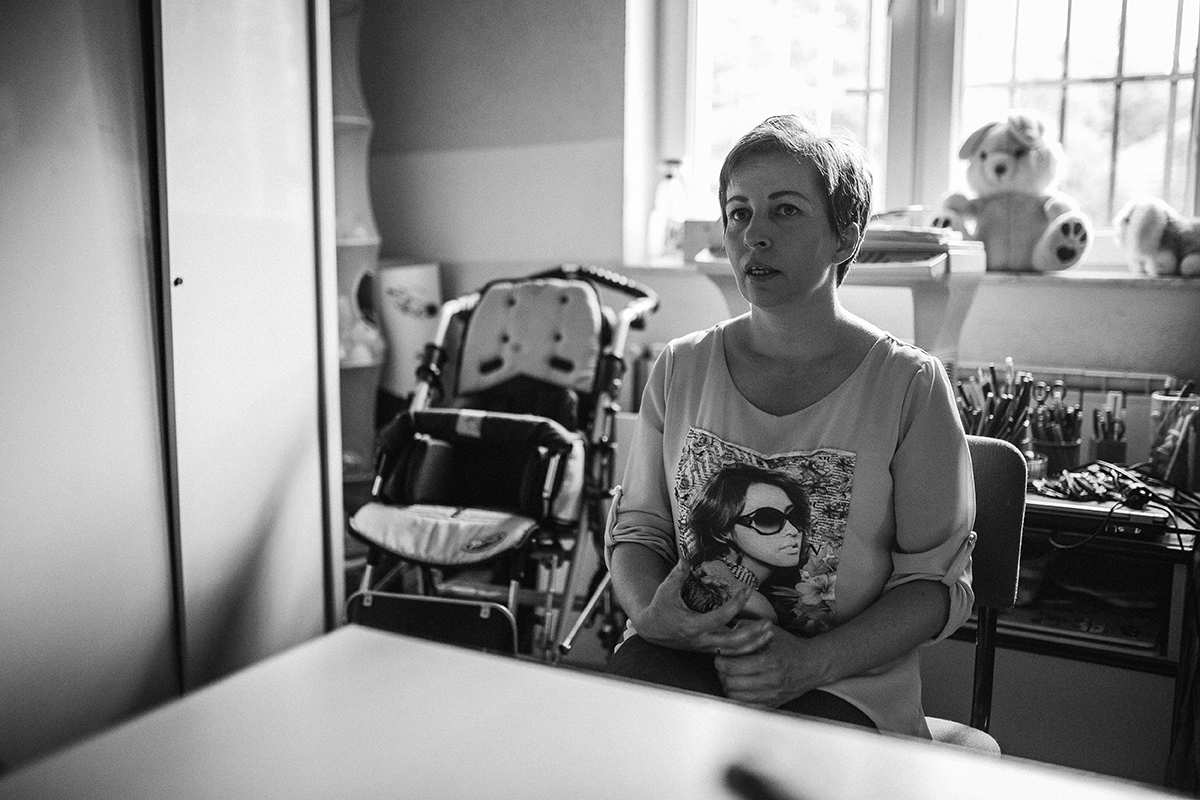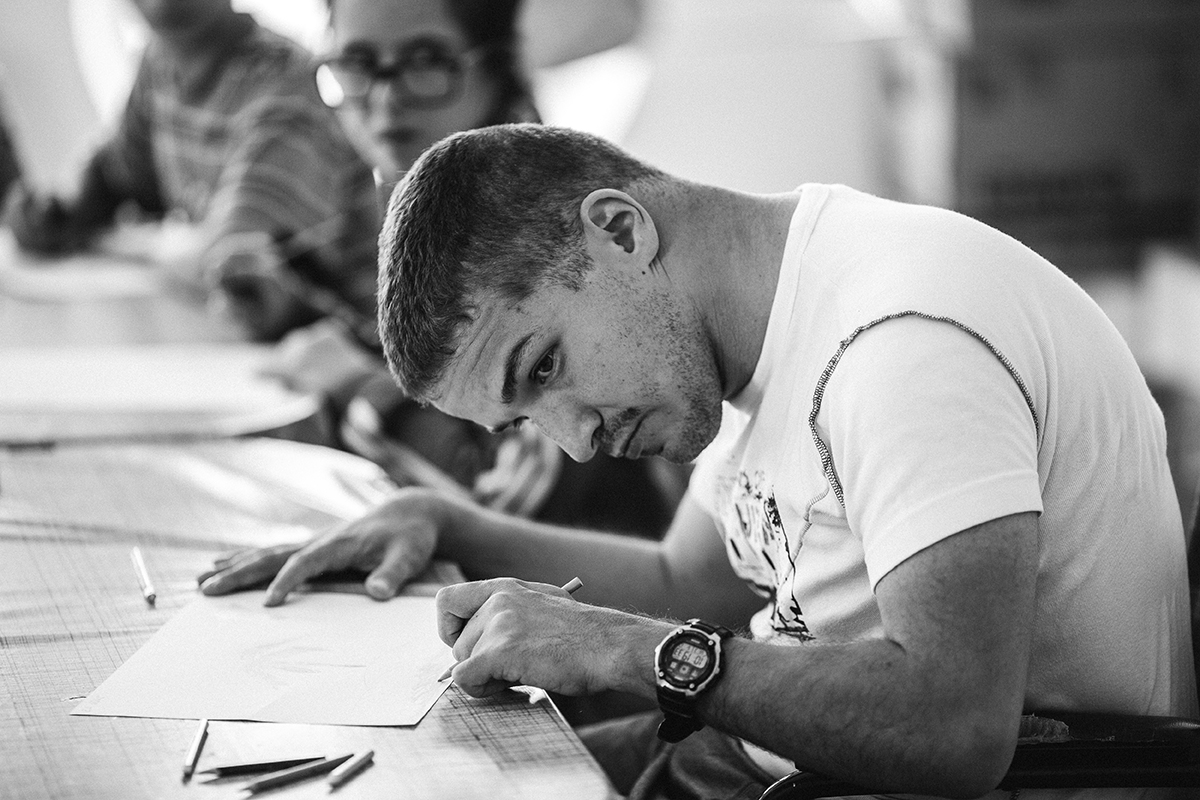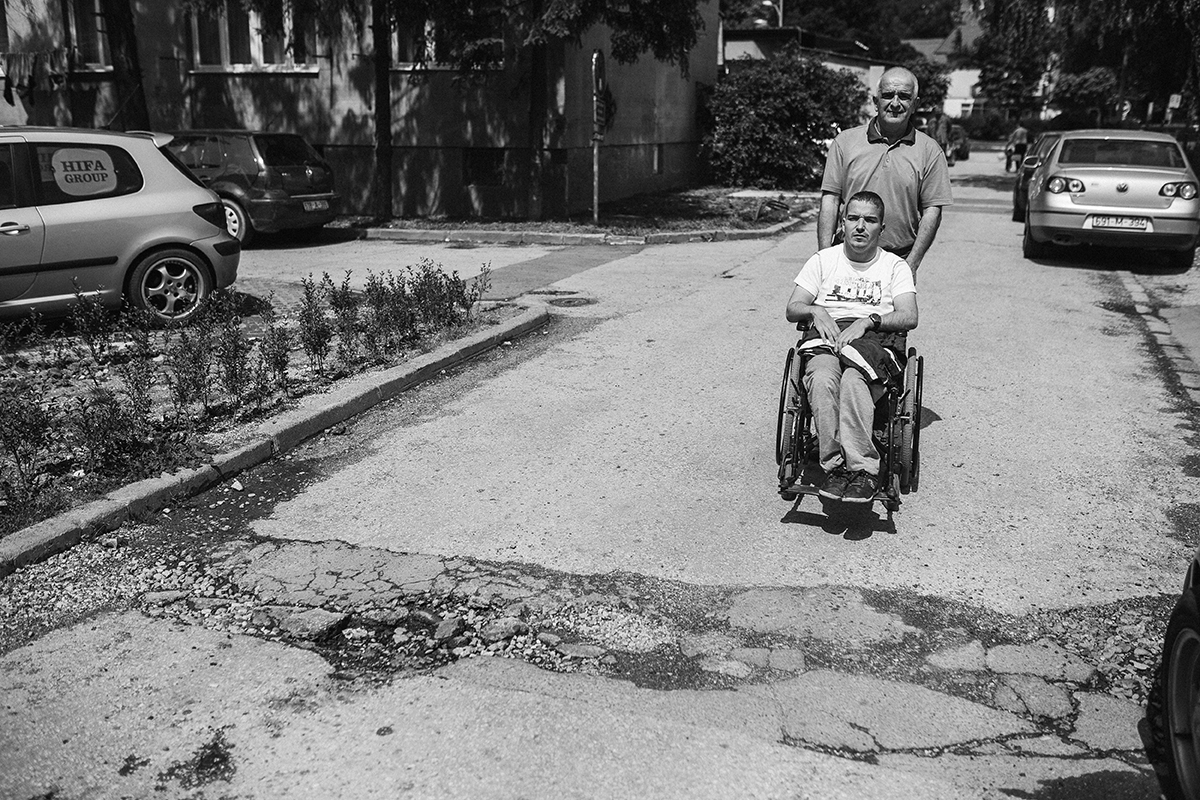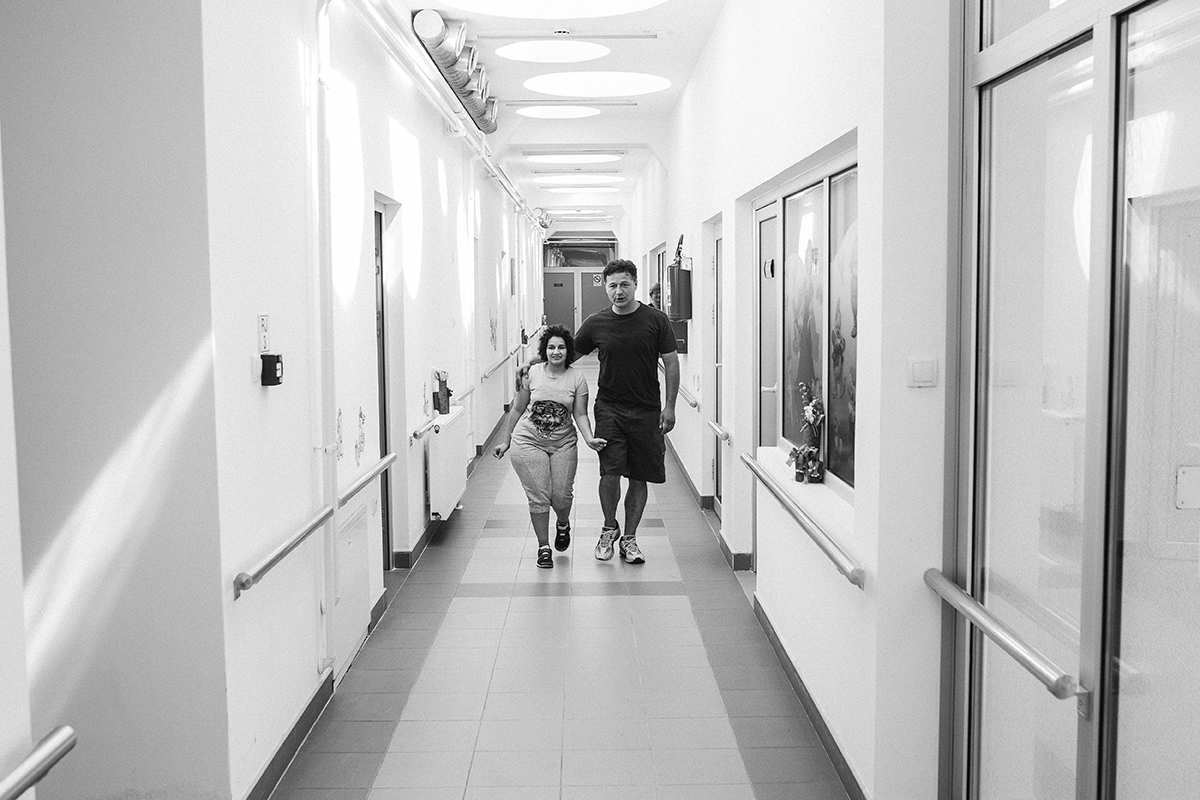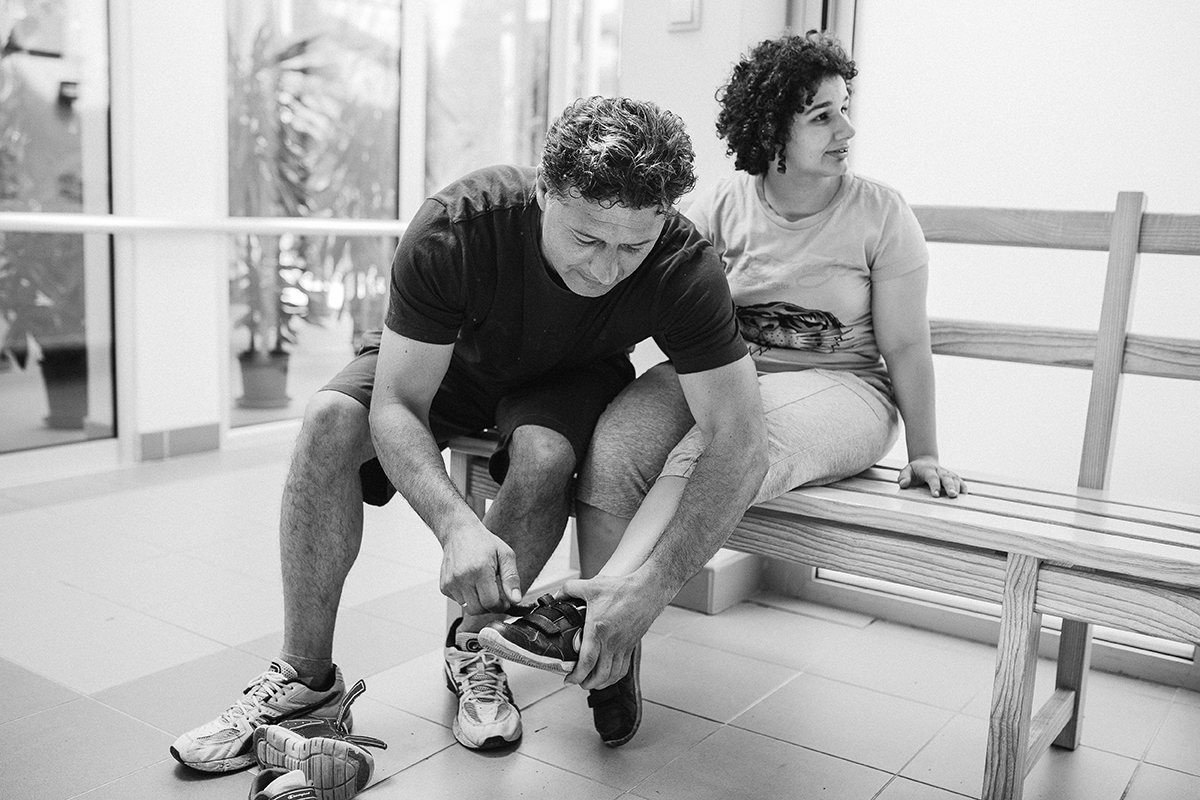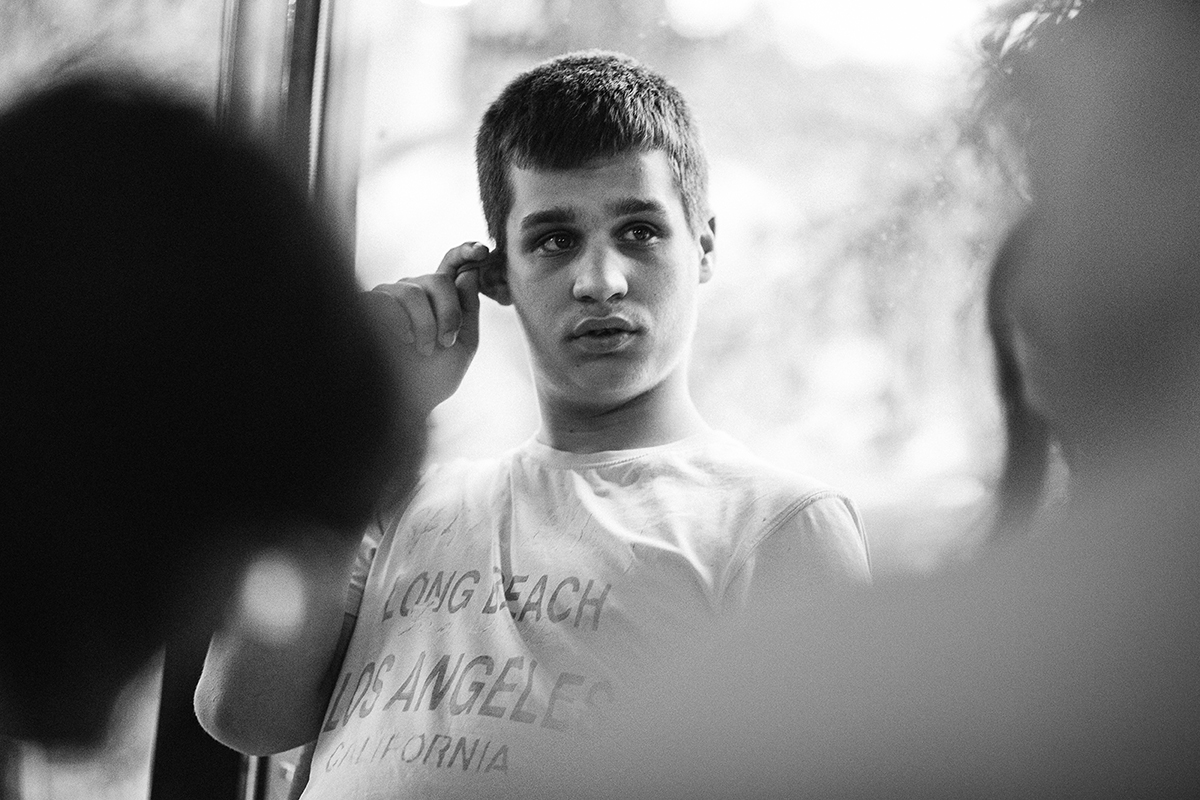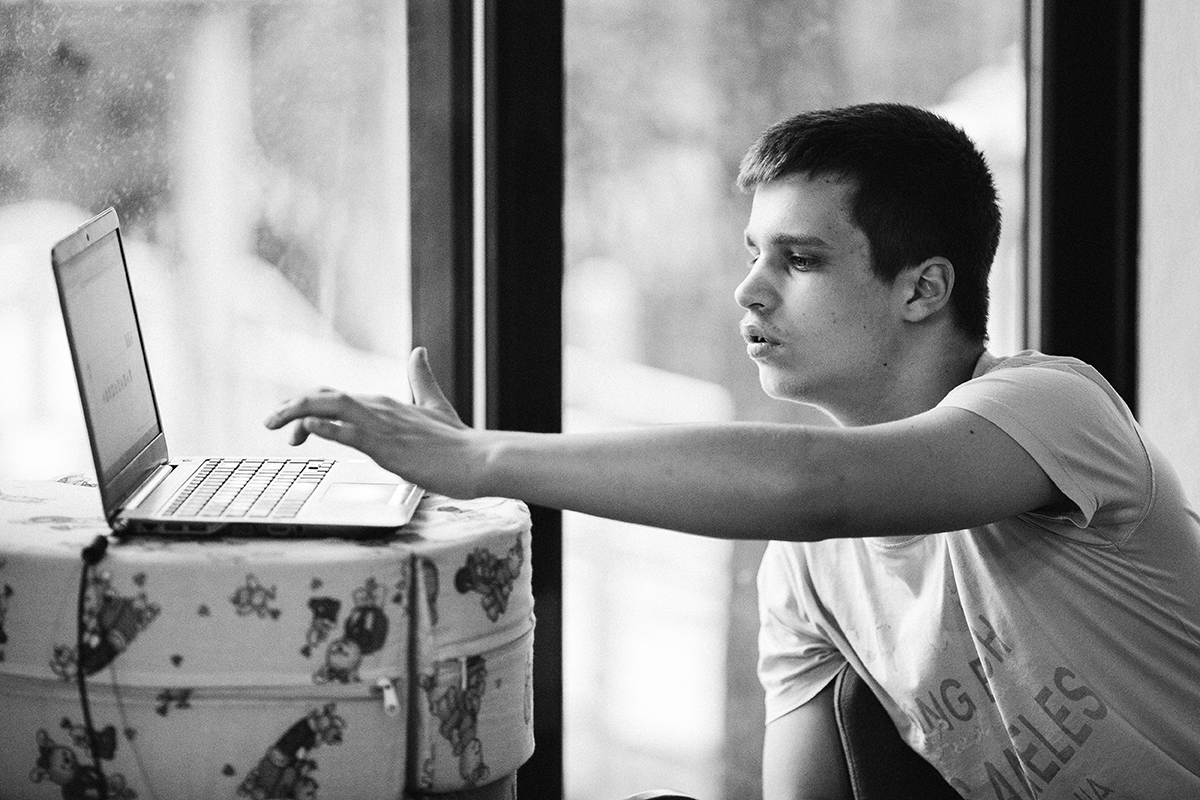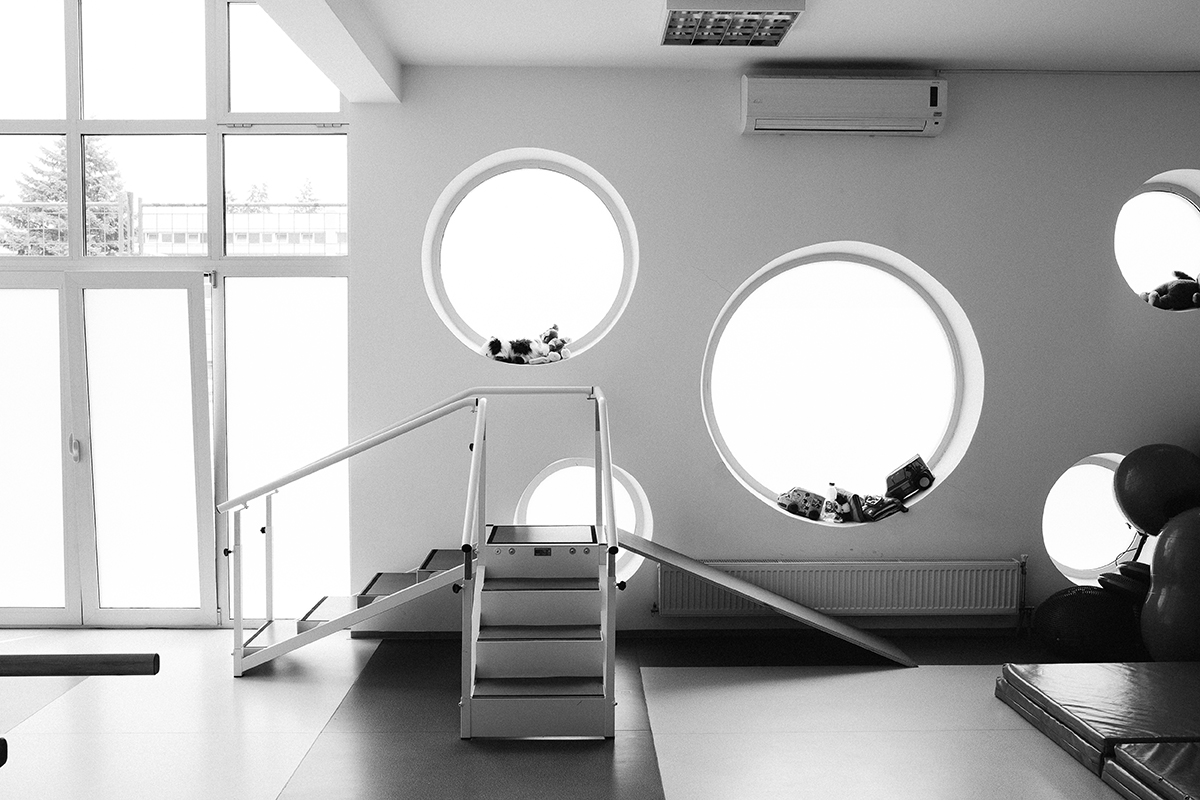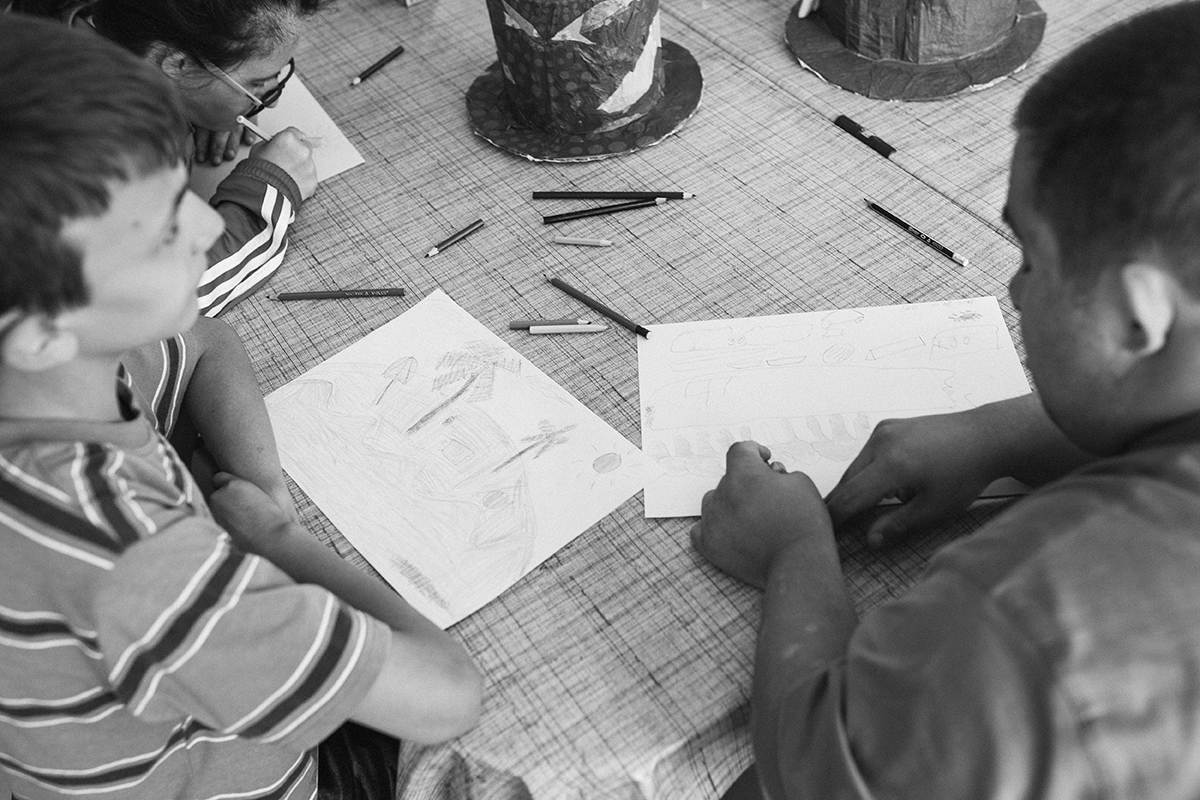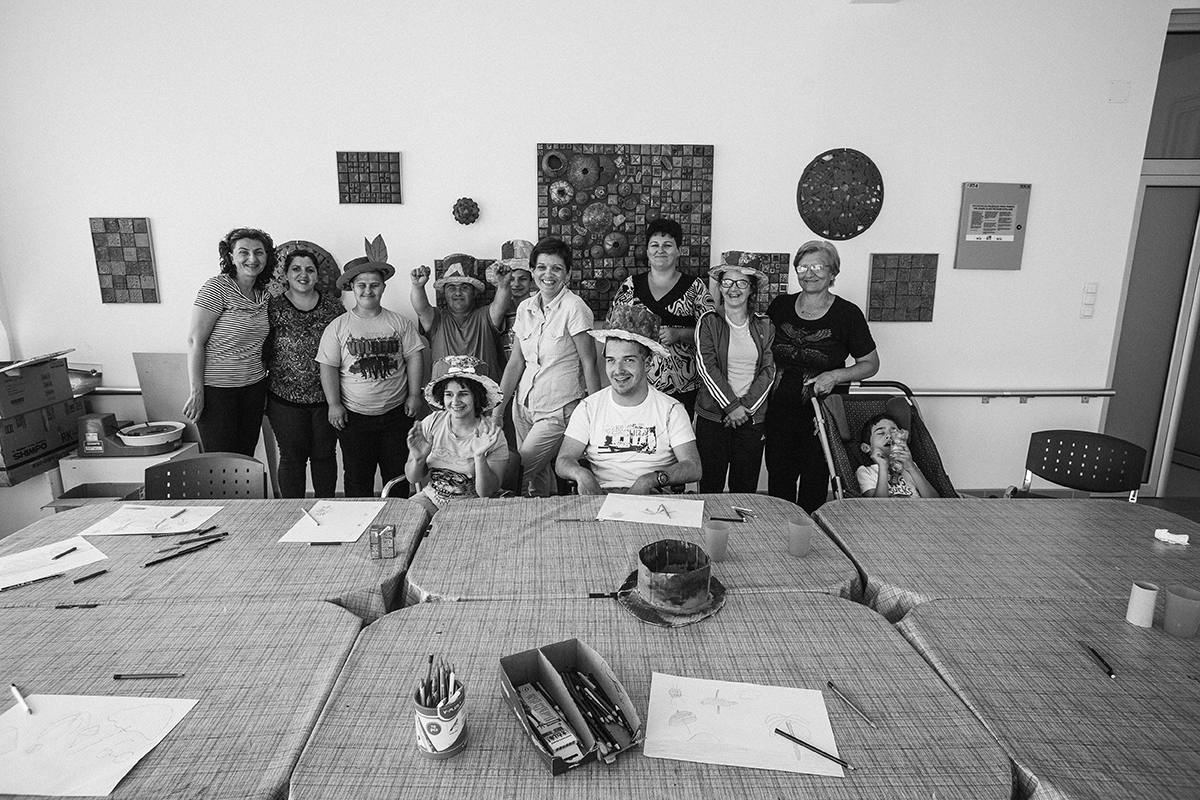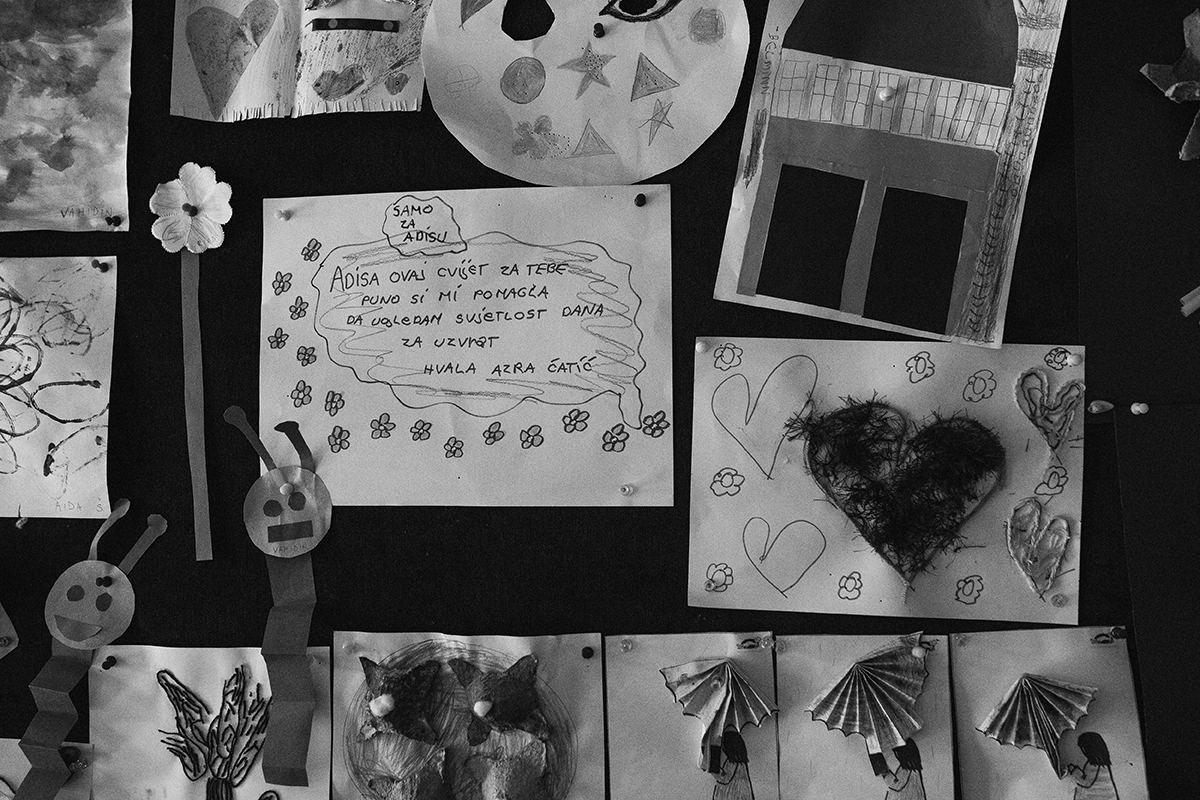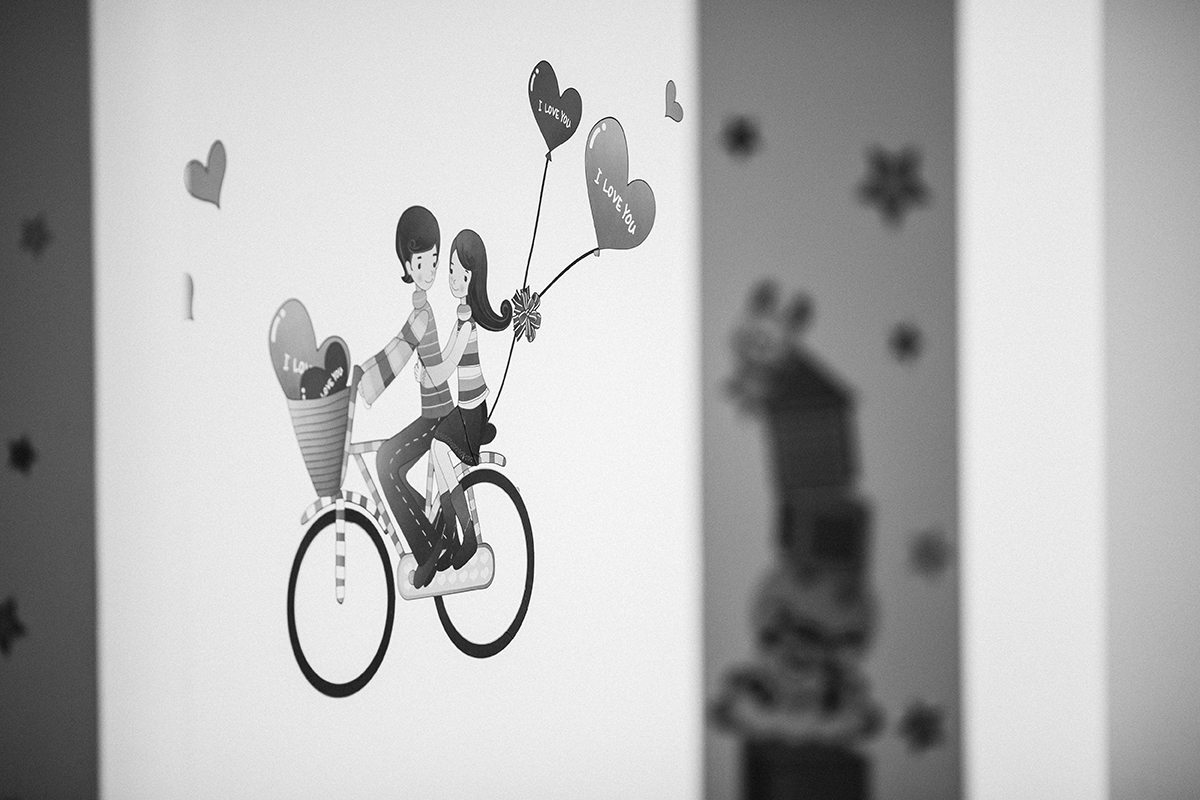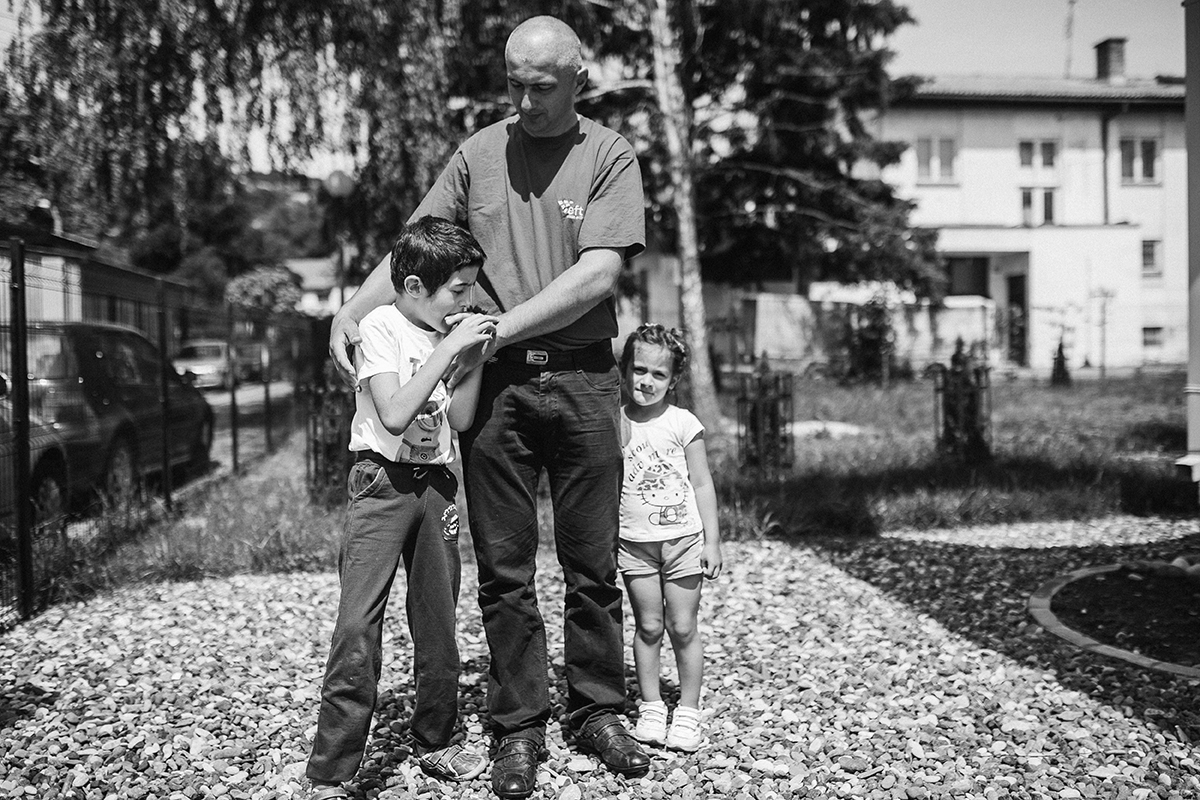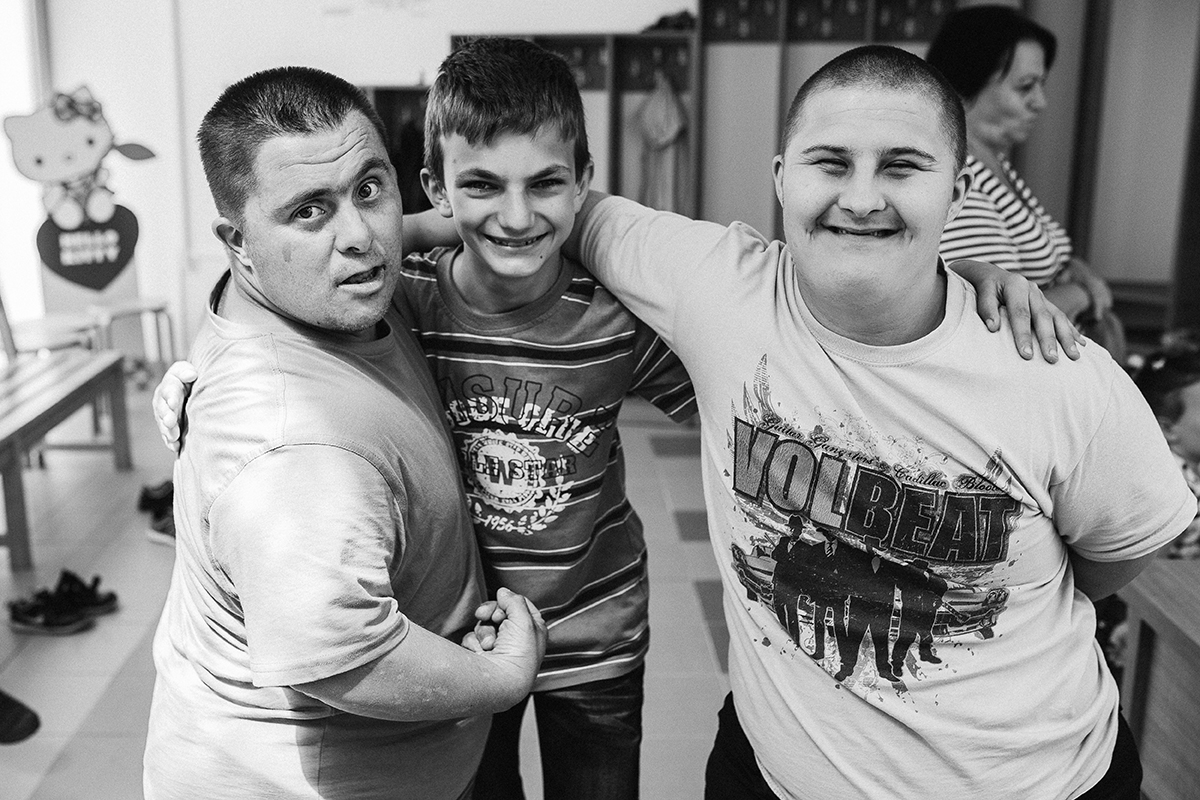Bosnia and Herzegovina cares the least about it’s children among nine countries in the region
Laws on children protection are not bad but they are poorly implemented in Bosnia and Herzegovina, the latest research showed. Not all children have the same opportunities for education, alternative care, play and recreation – those are some of the devastating conclusions of Child Protection Index on children with developmental difficulties.
Written by: Semir Mujkic (for full version on BHS language click HERE)
Photo: Haris Calkic
Bosnia and Herzegovina cares and protects the least the children, of all countries in the region where Child Protection Index research was done. This research was made for the first time in BiH. The marks awarded to Bosnia and Herzegovina show that there is not good enough system that protects children from violence, poverty and exploitation.
Index asses on how the countries implement the United Nations Convention on the Rights of the Child and uses it’s specific articles for child protection and principles of systematic approach of child protection, said the description of the Index.
On a scale from zero to five Bosnia and Herzegovina was not awarded with more than 0.5 in any of the researched areas.
Index is a joint initiative of World Vision and ChildPact. Organization Nasa djeca (Our Children) from Zenica was one of the organisations which worked on the Index for Bosnia and Herzegovina.
“ Not all children have the same opportunities for education, alternative care, play and recreation ”
Laws on children protection are not bad but they are poorly implemented in Bosnia and Herzegovina, the latest research showed. Not all children have the same opportunities for education, alternative care, play and recreation those are some of the devastating conclusions of Child Protection Index on children with developmental difficulties.
Bosnia and Herzegovina does not have a unique state-level register of children with developmental difficulties. Not all children with developmental difficulties, depending on where they live, have a teaching assistant which helps them to follow school curriculum, although they have a right to have one by the law and the state in obliged to provide them one.
Parents complaints are frequent to the Department for Following the Rights of a Child in The Institution of Human Rights Ombudsman of BiH, said Aleksandra Marin-Diklic, head of the Department.
We proudly say that we ratified all conventions but the question is what do we do in practice, said Marin-Diklic.
While there is not enough money for teaching assistants for children with developmental difficulties, the state prime minister and the other ministers have around 50 assistants or advisors. Just for their salaries, in one of 14 governments in the country, every month around 120.000 KM is allocated for these purposes.
Ombudsmen are warning for years that centers for social work do not have enough professional staff to work with children with developmental difficulties nor with children who have other problems.
Only bigger cities have enough capacities, said Aleksandra Marin-Diklic and added that “in some smaller centers there are more workers who are not experts at all.
Families with children with developmental difficulties are left alone, it is a sentence at the beginning of Omudsmen’s report, a part about a case of a girl with sight difficulties and a moderate mental retardation whose father did not have enough money to pay for an expensive treatment in Zagreb. Parents had to sell the family house to pay for the treatment.
Aleksandra Marin-Diklic, based on her longtime experience, said that there is child discrimination in Bosnia and Herzegovina based on where they live and added there is a difference in opportunities for a child with difficulties from the countryside and from cities.
It is discrimination by all international standards, I can not put it another way, said the head of Department for Following the Rights of a Child.
Child Protection Index consist of analysis of developing policies, it’s implementation, capacity and accountability in Child Protection system and coordination of institutions for Child Protection. As the Index in each country was made in the same way, it is possible to compare which country does the job better or worse and a final goal of the Index is to point out which areas of child protection needs improvement.
Child Protection Index will be made and published every or every second year to encourage the policy changes, regional cooperation and warn countries when they are off the path of child protection, said the Index description.
